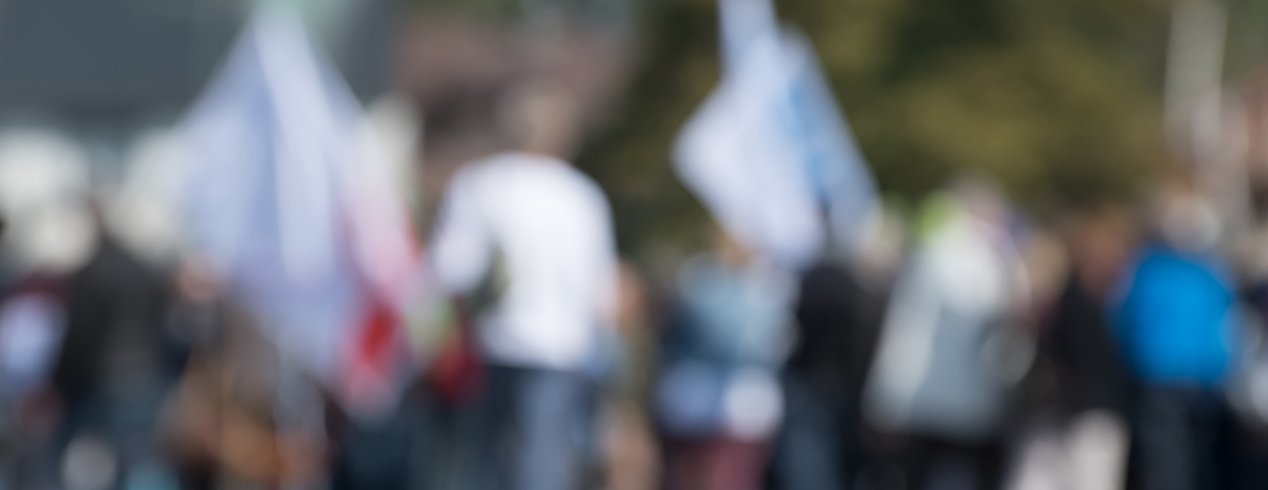Malmö and public gathering
The right to express and manifest your opinions is highly valued in Sweden. Public gatherings during Eurovision have generated a lot of interest and attention. Here we adress the most frequently asked questions about public gathering. We do this in collaboration with the Police and civil society.
What is public gathering?
A public gathering is when people come together to express their opinion, demonstrate or protest about something they care about. To be considered as a public gathering, it must be organised for the public or the public must have access to it.
Is it allowed to demonstrate about anything?
The right to express and manifest our opinions is very strong in Sweden. Every person in Sweden has the right to express their opinions, the right to assemble and the right to demonstrate without being limited or punished. This is called the freedom of expression which is a fundamental law decreed by the parliament. However, freedom of expression has its limits. For example, this freedom does not extend to slander or committing an act involving threats or agitation against a ethnic group.
Will there be many public gatherings in Malmö during Eurovision?
There will be demonstrations against the Eurovision Song Contest in Malmö. The main reason for these protests will be about Israel´s participation.
What are the duties of the Police during public gatherings?
The role of the Police is to ensure that everyone can express their opinions in accordance with the existing laws and guarantee the practical requirements for public gatherings. The Police are responsible for maintaining public order and security during public gatherings and must prosecute any crimes committed.
When can permission be denied?
The Police can only deny permission if it is deemed necessary with regard to public order or safety at the gathering.
Why is it permitted to burn a religious script?
To burn a religious script is not an offence in Sweden. This falls under the law of freedom of expression which is protected by the constitution. However, there may be situations where this is considered to be agitation against a national or ethnic group. A court will determine whether or not an act constitutes a criminal offence based on the circumstances in each individual case.
Why do the Police protect those who burn a religious script?
The Police does not protect or take a stand on the opinions expressed at a demonstration or a meeting – only the right to express the opinion. Freedom of expression allows individuals to communicate opinions and to do things that might provoke or stir up emotions, for the purposes of debate. The Police´s goal is to prevent damage to people, buildings, vehicles and other property, while ensuring that the demonstration can be carried out safely for everyone involved.
Does burning a holy scripture constitute agitation against a ethnic group?
Burning a holy scripture alone does not constitute agitation against a national or ethnic group, according to the law. There have been several cases reported to the Police in which a Quran has been burnt as part of a public gathering. However, in the context of other circumstances, such as certain statements, a different assessment may be made.
